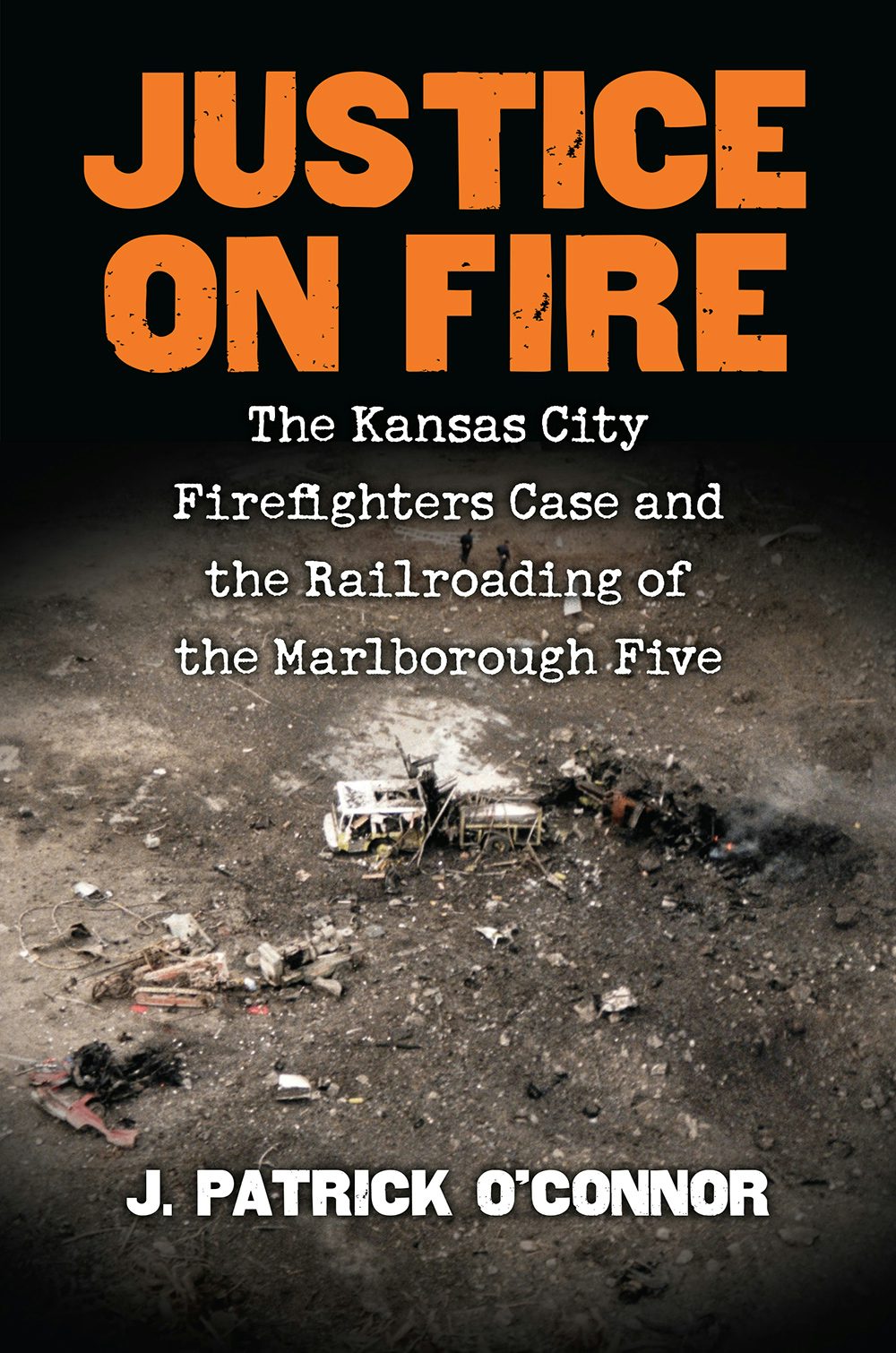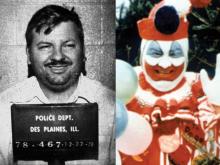
Daniel Sickles shoots Philip Barton Key
On February 27, 1859, Daniel Sickles shoots and kills his wife’s lover Philip Barton Key II. Sickles was a colorful and controversial American politician, Union general in the American Civil War, and diplomat. As an antebellum New York politician, Sickles was involved in a number of public scandals, most notably the killing of his wife's lover, Philip Barton Key II, son of Francis Scott Key.
He was acquitted with the first use of temporary insanity as a legal defense in U.S. history. He became one of the most prominent political generals of the Civil War. At the Battle of Gettysburg, he insubordinately moved his III Corps to a position in which it was virtually destroyed, an action that continues to generate controversy; despite this, he would eventually be awarded the Medal of Honor in 1897. His combat career ended at Gettysburg when his leg was struck by cannon fire. After the war, Sickles commanded military districts during Reconstruction, served as U.S. Minister to Spain, and eventually returned to the U.S. Congress, where he made important legislative contributions to the preservation of the Gettysburg Battlefield.
On September 27, 1852, Sickles married Teresa Bagioli against the wishes of both families. He was 33, she about 15 or 16, although she was sophisticated for her age, speaking five languages. Sickles's career was replete with personal scandals. He was censured by the New York State Assembly for escorting a known prostitute, Fanny White, into its chambers. He also reportedly took her to England, leaving his pregnant wife at home, and presented White to Queen Victoria, using as her alias the surname of a New York political opponent.
On February 27, 1859, in Layfayette Square, across the street from the White House, Sickles shot and killed the district attorney of the District of Columbia Philip Barton Key II, son of Francis Scott Key, who Sickles had discovered was having an affair with his young wife. Sickles surrendered at Attorney General Jeremiah Black at his home , a few blocks away on Franklin Square, and confessed to the murder. After a visit to his home, accompanied by a constable, Sickles was taken to jail. He was able to receive visitors, and so many came that he was granted the use of the head jailer's apartment to receive them. This was one of several odd features of his confinement. He was also allowed to retain his personal weapon, unusual even for the time. The press reported heavy visitor traffic, including many representatives, senators, and other leading members of Washington society. President James Buchanan sent Sickles a personal note.
Sickles was charged with murder. He secured several leading politicians as his defense attorneys, among them Edwin M. Stanton, later to become Secretary of War, and Chief Counsel James T. Brady, like Sickles a product of Tammany Hall. In a historic strategy, Sickles pled insanity which was the first use of a temporary insanity defense in the United States. Before the jury, Stanton argued that Sickles had been driven insane by his wife's infidelity, and thus was out of his mind when he shot Key. The papers soon trumpeted that Sickles was a hero for saving all the ladies of Washington from this rogue named Key. The graphic confession that Sickles had obtained from Teresa the day before the shooting proved pivotal. It was ruled inadmissible in court, but, leaked by Sickles to the press, was printed in the newspapers in full. The defense strategy ensured that the trial was the main topic of conversations in Washington for weeks, and the extensive coverage of national papers was sympathetic to Sickles. In the courtroom, the strategy brought drama, controversy, and, ultimately, an acquittal for Sickles. Sickles then publicly forgave Teresa, and "withdrew" briefly from public life, although he did not resign from Congress. The public was apparently more outraged by Sickles' forgiveness and reconciliation with his wife, whom he had publicly branded a harlot and adulteress, than by the murder and his unorthodox acquittal.

Michael Thomas Barry is the author of Murder & Mayhem 52 Crimes that Shocked Early California 1849-1949. The book can be purchased from Amazon through the following link:








